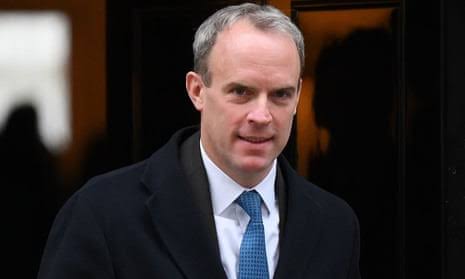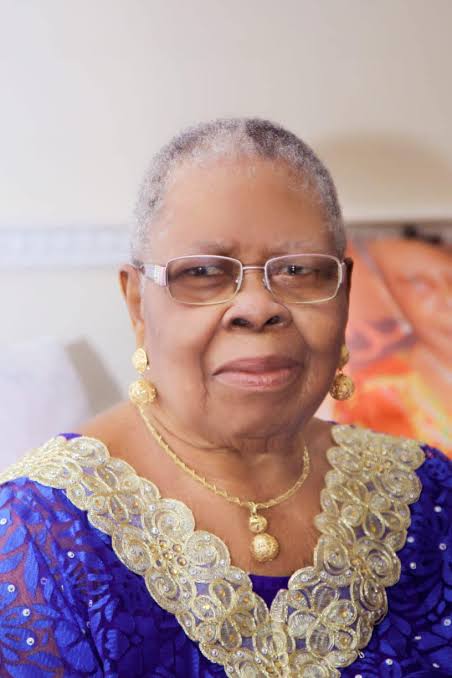Medical practitioners have listed monitoring and evaluation as critical components of any sustainable maternal health development program.
Gatekeepers News reports that a Professor of Obstetrician and Gynaecologist, Rosemary Ogu emphasized the need to ensure that interventions and programs are effectively implemented and are making a positive impact on the health of mothers and their newborns.
Prof. Ogu, laid this emphasis while delivering her keynote address at the 2023 SHI Maternal Health Summit in commemoration of the 2023 International Day of Maternal Health and Rights.
The annual summit is organised by Safer Hands Health Initiative (SHI), a non-profit and non-governmental organisation. This year’s edition was in collaboration with the Medical Women’s Association of Nigeria (MWAN) Lagos and MWAN National Young Doctors Forum.
The 2023 summit was themed, “Improving Monitoring and Evaluation for Sustainable Maternal Health Development.”
While breaking down how the theme can be executed, Prof. Ogu challenged participants of the summit to establish clear goals and objectives, stating that “these should be specific, measurable, achievable, relevant, and time-bound (SMART).”
The keynote speaker further encouraged participants to use data-driven approaches, involve stakeholders (mothers, health workers, and community leaders), use innovative technology, and conduct regular evaluations.
Lagos Program Manager, The Challenge Initiative (TCI), Dr Omotunde Odanye, while delivering her speech on the sub-theme, “Monitoring and Evaluation: An Essential tool for maximising,” challenged medical practitioners in the public sector to carry those in the private sector along.
Odanye added that “Monitoring progress to our goals and evaluating the impact of our interventions and actions are essential to improving performance and maximising our maternal health interventions.”
On her part, the Project Manager, Pouring Out Health Equity Initiative, Taiwo Oluwadamilola in her presentation identified “access and utilisation of maternal health care, long distance and the high cost of care” as some of the reasons many women do not visit the Primary Health Care (PHC) facility.
The Founder of Rebekah Foundation, Dr Azabi Borowa in her presentation, therefore, called for “Government and political support including; adequate budgetary, health insurance, optimal maintenance of available infrastructure and compensation of health workers,” and added that this will improve the health care system of the country.
While speaking on the mental health conditions in the postpartum period, the Founder, The Asher Initiative, Oluwapelumi Alesinloye-King, called for the availability of a spectrum of support services “to all relevant subgroups of mothers throughout pregnancy and up to one year after birth, especially for mothers with pre-existing mental health conditions.”
Alesinloye-King added that “Future studies are needed on postpartum psychosis, the effect of long-term postpartum mental health conditions on the child’s well-being and the fathers’ mental health requires further attention.”
In her vote of thanks, the Program Manager of SHI and convener of the summit, Dr. Oluwakemisola Agoyi Awoniyi, appreciated all the keynote speaker, guest speakers, and other participants of the summit.
The previous SHI Maternal Health Summits have identified continuous education and capacity building as major ways to improve maternal health outcomes, SHI has, therefore, continued to bring together stakeholders – medical professionals, non-governmental, government, and multilateral organisations, nurses, midwives, community pharmacists, and the general public to improve Nigeria health sector.







